Healthy Sleep Habits For Better Mental Health
While the amount of sleep you get each night is important, other aspects of your sleep also have a role in your health and happiness. A restful night’s sleep is essential physical and mental wellbeing. Poor sleep quality is indicated by not feeling refreshed even after getting adequate sleep, waking up frequently during the night, and experiencing symptoms of sleep disorders (such as snoring or gasping for air).
Sleep deprivation is detrimental to one’s health and quality of life. It can make you irritable, impair your memory, and make it difficult to think and concentrate. One of the most important things you can do to enhance your health or lose weight is to get a good night’s sleep. Improving your sleep quality by developing better sleeping habits or being evaluated and treated for any sleep disorders you may have is helpful to overcome such problems. So, here are 7 tried-and-tested methods that can help you sleep better.
Increase Your Exposure To Bright Light During The Day.
Your body’s natural clock for keeping time is called the circadian rhythm. It works on your brain, body, and hormones to keep you awake and alert you when it’s time to sleep. Bright light or natural sunlight during the day aids in the maintenance of a healthy circadian rhythm. This improves both the quality and duration of nocturnal sleep as well as daily energy. In insomniacs, exposure to bright light during the day improved sleep quality and duration. It also helped reduce 83 percent off the time a person took to fall asleep.
In a comparative study of older persons, 2 hours of bright light exposure throughout the day boosted sleep duration by 2 hours and sleep efficiency by 80%. While the majority of studies involve patients who have significant sleep problems, everyday light exposure will most likely benefit people with healthy sleep patterns. Try to receive daily sunlight exposure or, if that isn’t possible, invest in bright light equipment or bulbs.
Limit Your Exposure To Blue Light In The Evening
Light exposure during the day is good, whereas light exposure at night has the reverse impact. This is because it affects your circadian cycle, making your brain assume it as daylight. As a result, hormones like melatonin, which help you relax and sleep deeply, are diminished.
At night, there are numerous popular ways for decreasing blue light exposure. Here are a few examples:
- Blue-blocking sunglasses are a great way to keep your eyes safe.
- Use software like flux to block blue light on your laptop or PC.
- Download a blue light blocking app to your smartphone. This can be used on both iPhones and Android devices.
- Switch off the TV and any bright lights 2 hours before bedtime.
- In this sense, remember that blue light, which is released in large quantities by electronic devices such as cellphones and laptops, is the culprit in lowering your sleep quality.
Late In The Day, Caffeine Should Be Avoided.
Caffeine has several benefits, but a single amount can help with focus, energy, and athletic performance. Caffeine, on the other hand, stimulates your nervous system late in the day and may interfere with your body’s ability to relax effectively at night.
In one study, caffeine consumption up to 6 hours before bedtime was found to significantly impair sleep quality. Caffeine levels in your blood might stay high for up to 8 hours. As a result, drinking a lot of coffee after 3–4 p.m. isn’t a good idea, particularly if you’re caffeine-sensitive or have trouble sleeping. If you desire a cup of coffee in the late afternoon or evening, stick to decaffeinated coffee. If you take frequent afternoon naps and get adequate sleep, you should be fine. The effects of napping differ from one person to the next.
Reduce The Number Of Day Naps That Are Too Long Or Too Irregular.
While short power naps are beneficial, napping for extended lengths of time or on an irregular basis during the day may be detrimental to your sleep. Sleeping during the day may cause your internal clock to malfunction, making it difficult to fall asleep at night. Participants in one study reported feeling sleepier during the day after taking midday naps.
According to another study, taking longer naps can have an impact on one’s health and sleep quality. Longer naps can affect your health and sleep quality. While resting for 30 minutes or less can boost daily cognitive performance, longer naps can harm your health and sleep quality.
Utilize Your Sleeping Quarters To The Fullest.
Many people believe that their bedroom’s environment and layout are crucial to achieving a good night’s sleep. Some of these factors are temperature, noise, outdoor illumination, and furniture placement.
Numerous studies have connected external noise, particularly traffic noise, to poor sleep and long-term health problems. In your bedroom, try to reduce outside noise, light, and artificial lighting from devices like alarm clocks to a minimum. Ensure that your bedroom is a relaxing, tranquil, and tidy environment.
Late-Night Eating Should Be Avoided.
Sleep quality and the release of HGH (Human Growth Hormone) and melatonin have both been found to be harmed by late-night eating. The quality and type of your late-night snack may also have an impact.
Before Going To Bed, Unwind And Empty Your Mind.
Before retiring to bed, many people have a soothing ritual. Another common treatment for insomnia is to practice relaxation techniques before going to bed. These techniques have been shown to improve sleep quality. Relaxation techniques include listening to calming music, reading a book, having a hot bath, meditation, deep breathing, and visualizing.
We can’t survive or live without sleep, and it helps us reach our life goals. As a result, start paying attention to your sleeping patterns. To stay healthy and overcome mental health issues such as anxiety, melancholies, and a range of other ailments, make sure you get enough sleep. Psychotherapy Partners in Minneapolis has a team of professional and certified therapists, who can help you when you need treatment for any mental health issues.
We offer both in person and online therapy for all our existing and new clients. We offer behavioral psychotherapy, couples therapy, family therapy, and individual treatment for anxiety, depression, and other difficulties.

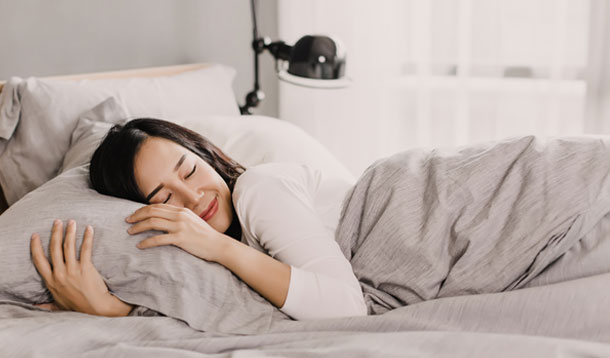
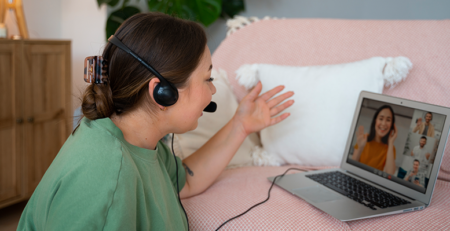




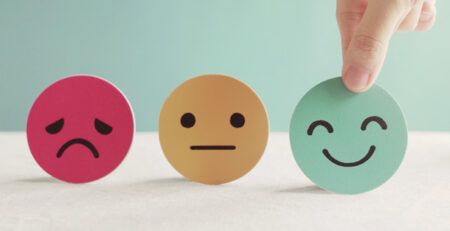
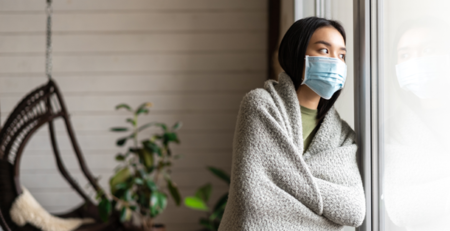
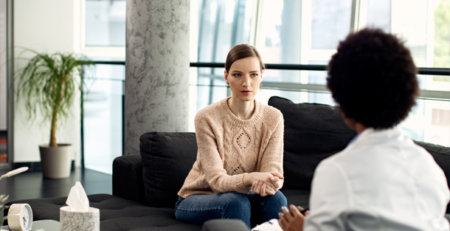


Leave a Reply